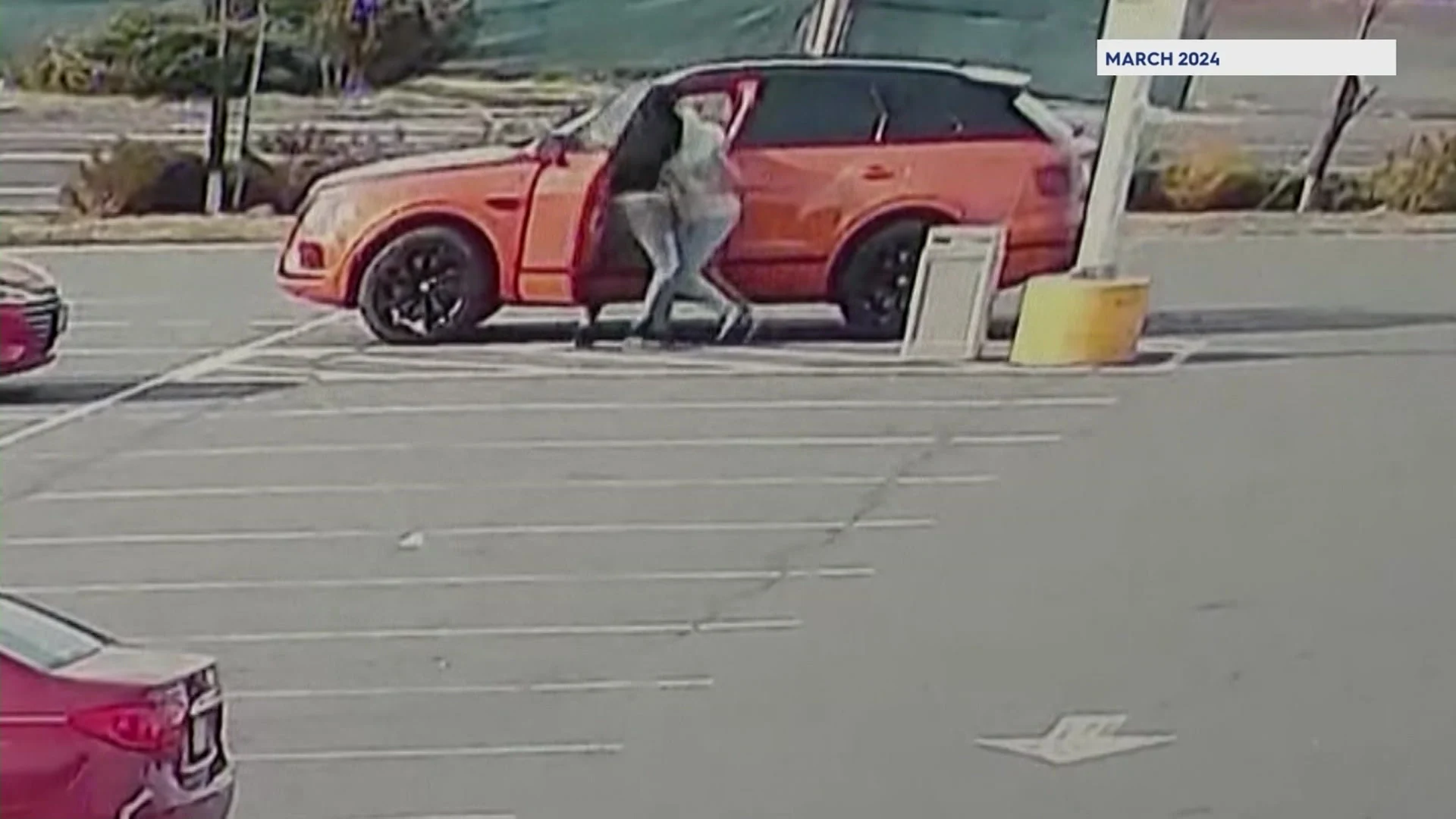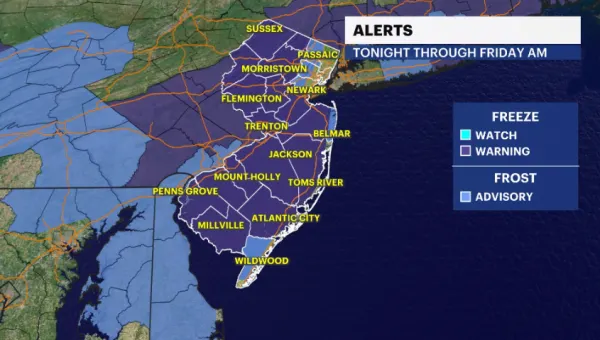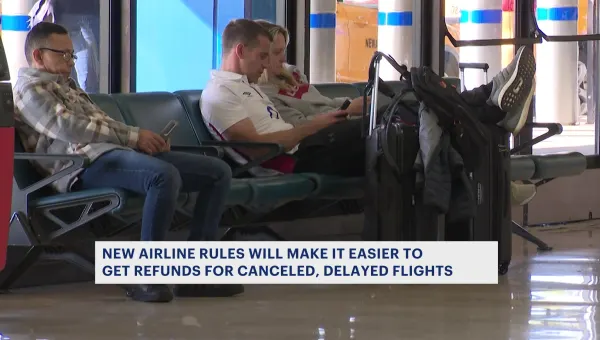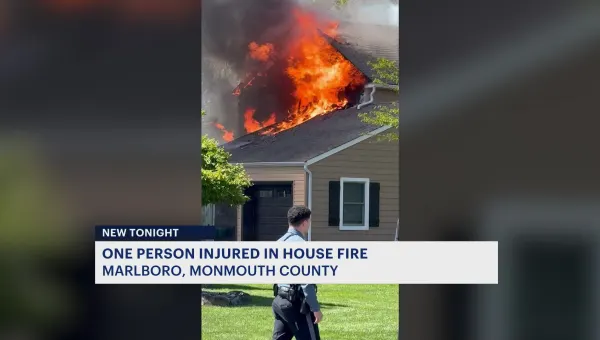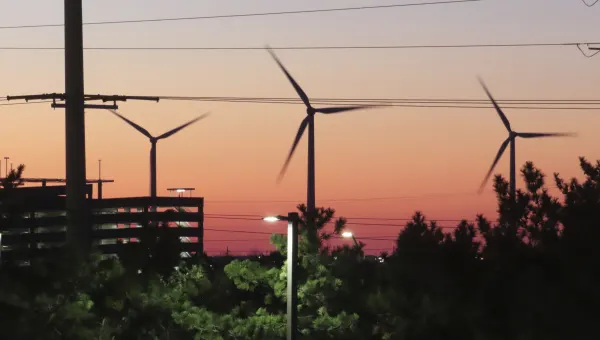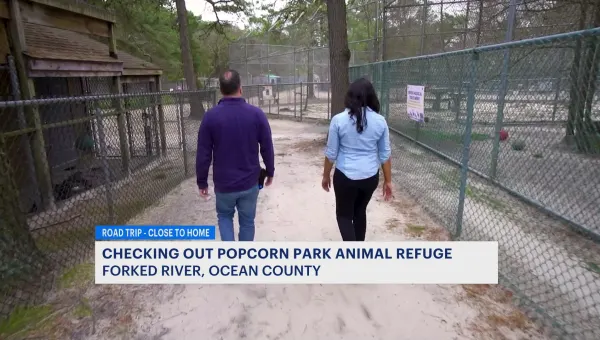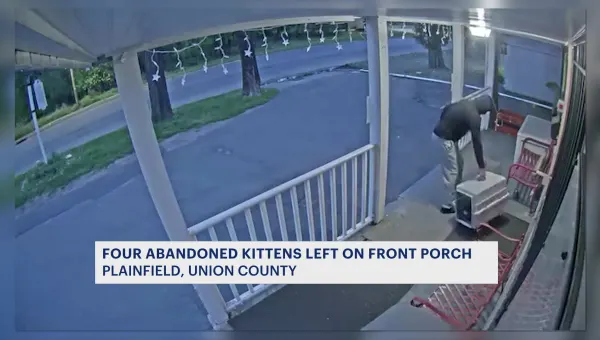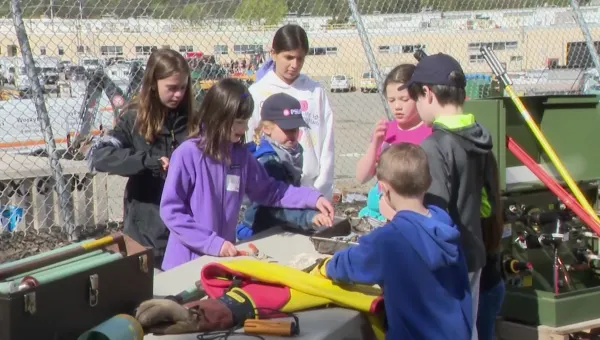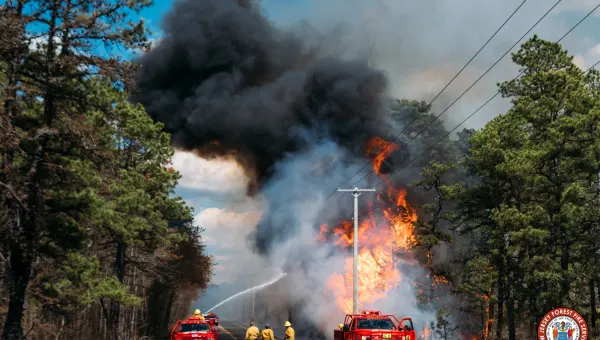No, New Jersey actually isn’t overspending on snow preparations this winter
News 12 New Jersey has obtained some statistics from the DOT that show that the state has actually spent less money this winter than it had during the 2017-2018 season.
News 12 Staff
•
Mar 6, 2019, 9:22 PM
•
Updated 1,877 days ago
Share:
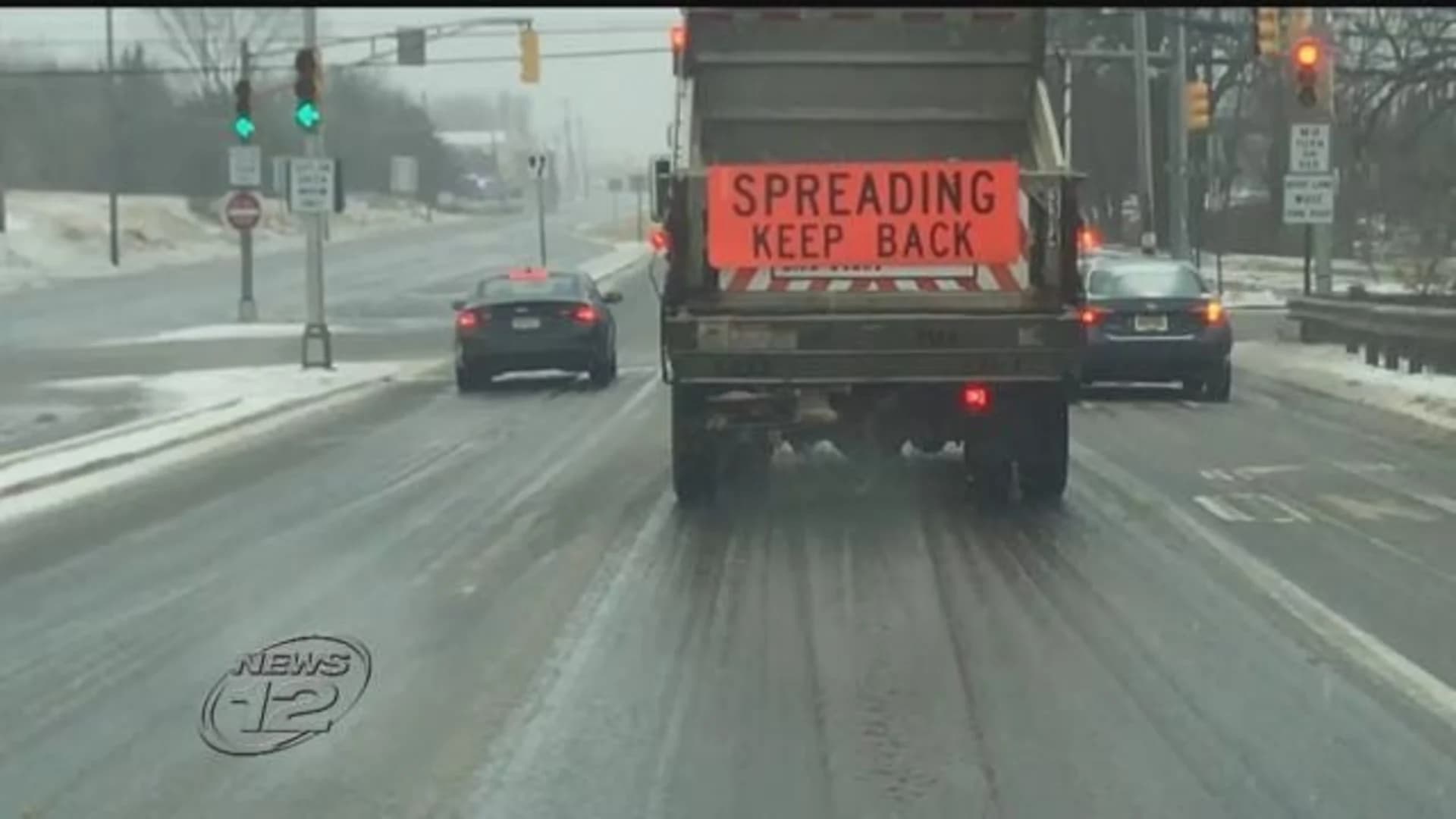
Critics of Gov. Phil Murphy have questioned the amount of money the New Jersey Department of Transportation has spent this winter on preparing state roadways for potentially icy weather.
This winter has been fairly light on snow. News 12 New Jersey has received several messages from concerned state residents wondering why the governor has authorized the DOT to “waste” so much time and money putting down brine solutions and spreading rock salt.
But News 12 has obtained some statistics from the DOT that show that the state has actually spent less money this winter than it had during the 2017-2018 season.
Opponents of Murphy have accused him of being over-cautious ever since a snowstorm in November caused major gridlock around the state, causing drivers to be stuck on the state’s highways for hours. Murphy and state DOT officials have said that brining and salt spreading has always been done this way, but that drivers just haven’t noticed it in previous years.
“If we see something that’s a little bit of a concern, at a very minimal cost we want to put a precautionary layer of salt down,” DOT official Andrew Tunnard told News 12 in January.
According to the financial data obtained by News 12, the total costs for the entire 2017-2018 season added up to over $103 million. But between November 2018 and January 2019, New Jersey has spent just over $36.5 million – about a third of what was spent last year, with only two more months left to go in the season.
Data also shows that the state used more than 1.3 million gallons of brine last year, compared to just over 359,000 gallons so far this year.
The statistics do not account for any storms or storm preparations for February or March of this year – but the state seems to be on track for spending less than it did last winter season.
